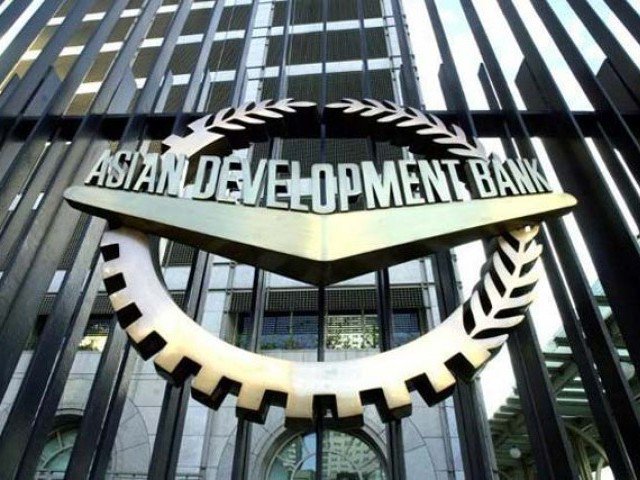ISLAMABAD: The State Bank of Pakistan on Monday officially joined the global Women Entrepreneurs Finance Code initiative in collaboration with the Asian Development Bank and under the leadership of the World Bank.
The ADB is supporting the effort through a $500 million financing programme to the government of Pakistan.
The funding is intended to reduce the gender finance gap and improve women’s financial inclusion and economic participation. According to global financial institutions, the programme could potentially boost Pakistan’s GDP by up to 30 percent through greater involvement of women in the economy.
As part of the initiative, 20 banks and other financial institutions operating in Pakistan have committed to support the State Bank-led effort. Their participation aims to improve women’s access to finance by expanding loan eligibility and other banking services.
Speaking at the event, ADB representative Christine Engstrom said the regional financial institution is backing the Women Inclusive Finance Sector Development Programme in Pakistan. She said the programme combines policy-based lending and technical assistance to deliver reforms and expand financial access to more than 2 million women.
Engstrom added that financial inclusion of women is now a key element of economic development and is critical for inclusive growth, especially in financial systems where many women remain outside the formal sector.
She noted that initiatives such as the State Bank’s Banking on Equality policy are starting to shift institutional mindsets and embed gender inclusion in the financial system.
State Bank representative Abid Qamar cited studies from ADB and the Islamic Development Bank showing that gender parity and empowerment could add up to $28 trillion to global GDP. He said that in South Asia alone, narrowing the gender gap could add around half a trillion dollars to regional economies. For Pakistan, bridging the gender gap could raise GDP by nearly 30 percent.
Qamar said that better access to banking services for underbanked and unbanked women through branches, ATMs, and loans also benefits the banking sector. Expanding services to women could increase bank revenues by up to $650 million in Pakistan.
He added that 17 million women are currently employed in various sectors out of 79 million working-age women in the country.
Wendy Teleki from the WE Finance Secretariat said in a video message that the secretariat works to promote women’s financial inclusion and empowerment worldwide. Over the past two years, the refinance code has been adopted by the World Bank, the International Finance Corporation, and other institutions.
She said nearly 30 countries and more than 250 financial institutions have signed the code and committed to policy reforms, SME support, and job creation for women. She added that removing barriers to finance and reforming policies could help women grow their businesses and economic impact.
The secretariat expects the initiative in Pakistan to expand beyond banks to include fintech, digital finance institutions, insurance companies, and equity funds. Teleki said the code supports progress toward Sustainable Development Goal 5, which focuses on gender equality and women’s empowerment.
State Bank Governor Jameel Ahmad said the launch of the WE Finance Code is a strategic step toward inclusive and sustainable growth by placing women’s economic participation at the center of national development. He said gender equality is both a moral and economic issue, and that no country can grow if half its population remains under-employed and underserved.
In Pakistan, women’s labor force participation is 22 percent, with only 164,000 women entrepreneurs. Ahmad said gender gaps in education, mobility, skills, and financial access limit full economic participation.
These gaps also contribute to low savings and investment compared to other countries in the region.
He said the State Bank will work with financial institutions, regulators, government bodies, the private sector, and academia to create an inclusive ecosystem for women entrepreneurs.
























